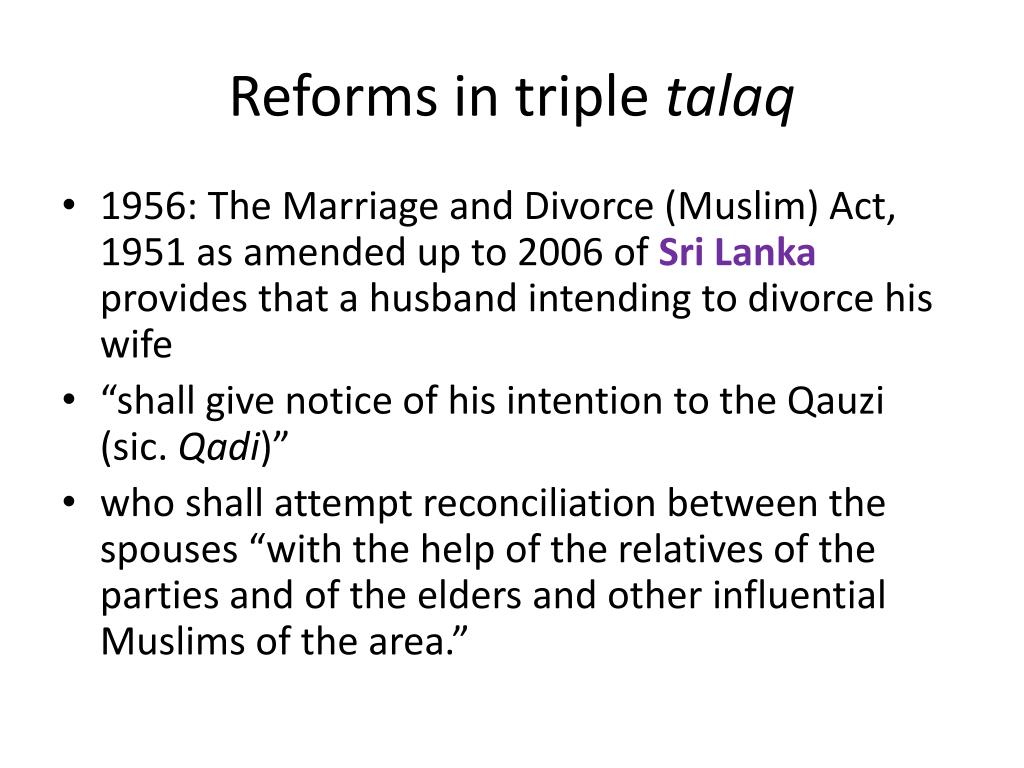
In Muslim law the husband can divorce his wife at any time and without any reason therefore, the dower serves as a check upon the capricious exercise by the husband of his power to terminate the marriage at will. Under the Muslim system of jurisprudence the main object of dower is to protect the wife against the arbitrary exercise of the power of divorce by the husband. 'Dower, under Mohammedan law, is a sum of money or other property promised by the husband to be paid or delivered to the wife in consideration of the marriage, and even where no dower is expressly fixed or mentioned at the marriage ceremony, the law confers the right of dower upon the wife.'

Mahmood J, in a very old decision (Abdul Kadir v Salima (1886) 8 All 149, at p 157), defined 'dower' as follows: The wife then sued under contract law for the mehar of £10,000, citing the divorce as the event upon which she relied. The petition was undefended and the wife obtained her decree absolute on. Eighteen months later the marriage broke down and the wife petitioned for divorce citing the civil marriage as the marriage to be dissolved. Eight months later on 20 August 1993 the parties had a civil ceremony in Bedford. The parties then returned to live in England. The figure agreed upon was £10,000, payable upon either the husband's death or divorce. Before the Nikah the man was told by the woman's father that he would have to agree to pay a 'mehar' (sum of money) as part of the contract of marriage. A 26-year-old Pakistani woman, living in England, entered into a Muslim marriage (Nikah) in Karachi, Pakistan on 26 December 1992 with a 29-year-old British national, who had converted to Islam. The right of a wife in an Islamic marriage to pursue or claim her right to ‘mehar’ or ‘dower’ in the event of divorce or death of her husband is the kind of issue that is once again before the courts. There are now approximately two million Muslims living in England who wish to practise their religion and, in such circumstances, it is only natural that there will be occasions when their personal law will conflict with English law. In the days of British India it was not uncommon for judges adjudicating to hear about the conflicts of personal law, particularly between the Muslim, Hindu, Parsi, Christian, and Jewish people.

There is an increasing number of cases coming before the courts in England arising from the conflict between English and Islamic law. In this article, Ayesha Hasan looks at islamic family law in the context of english courts.



 0 kommentar(er)
0 kommentar(er)
